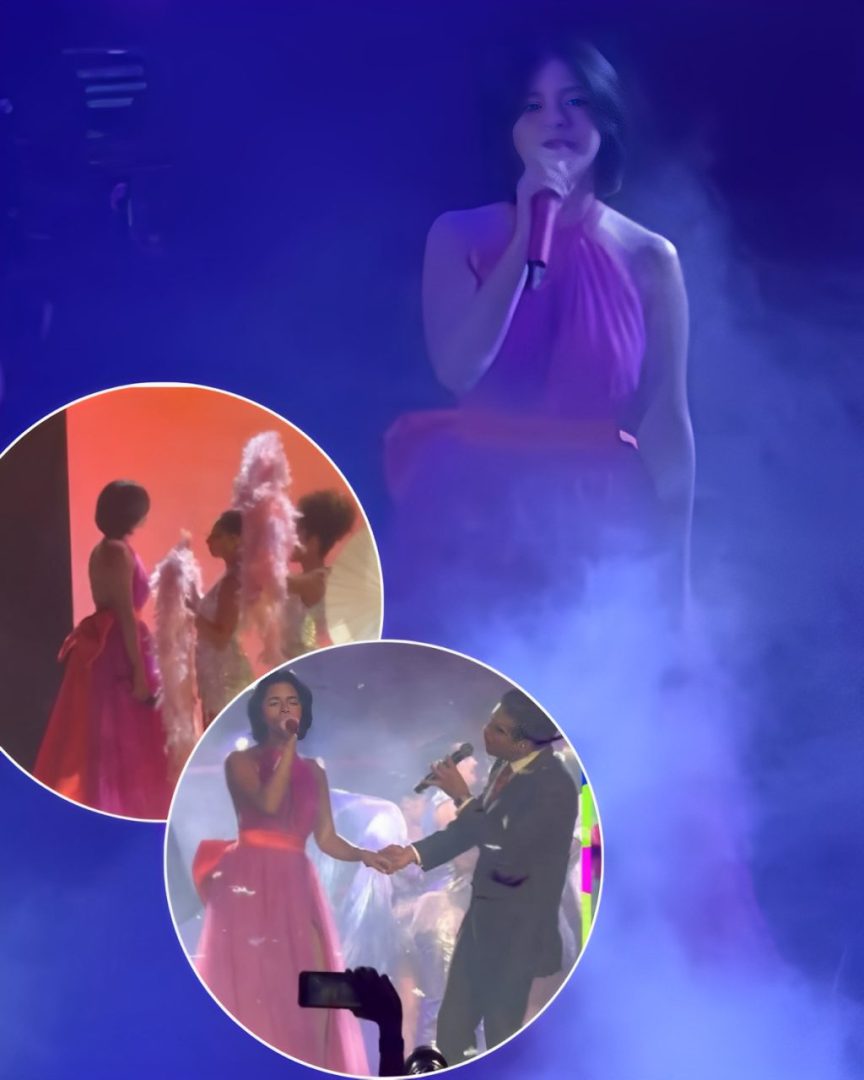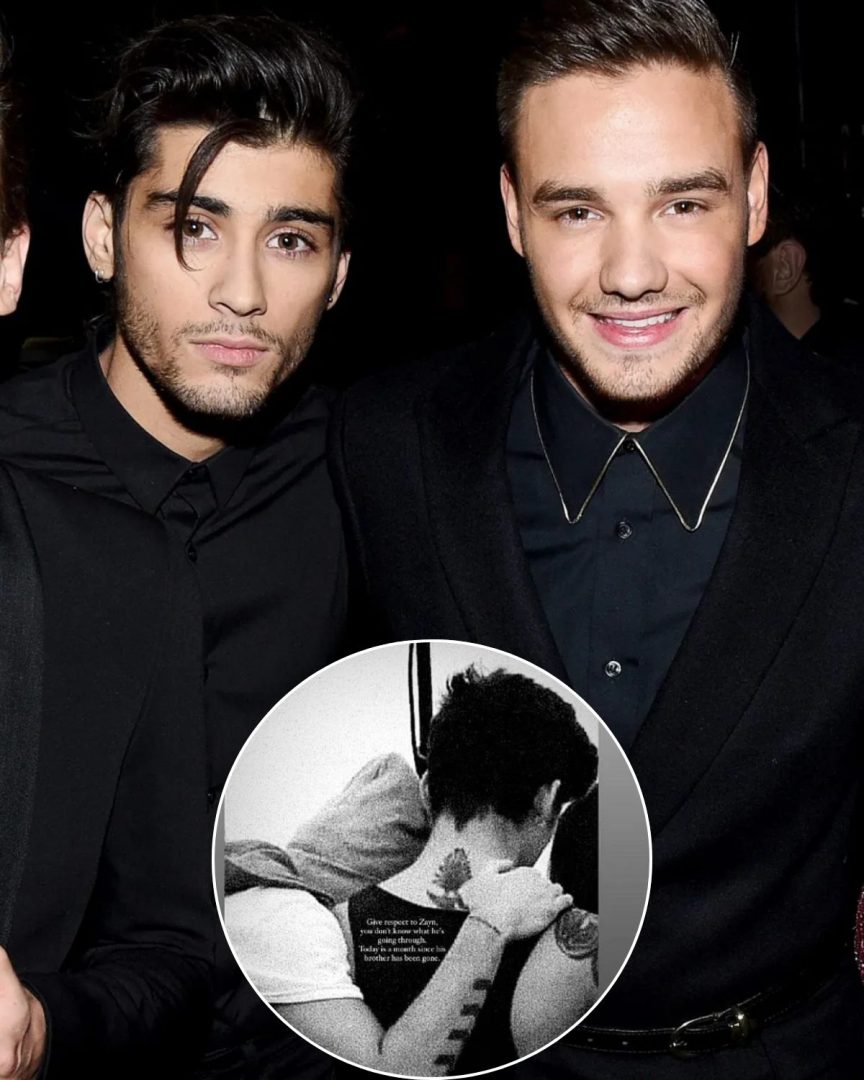In an unexpected development, the National Football League (NFL) is reportedly deliberating a ban on pop sensation Taylor Swift from performing at the upcoming Super Bowl. A high-ranking official was quoted saying, “We’re tired of Taylor Swift,” a statement that has left many fans and music enthusiasts taken aback due to Swift’s monumental popularity and status as a leading figure in the global music landscape.

The motives behind this potential ban remain somewhat ambiguous, but insiders suggest it may relate to an intention to diversify the lineup of artists featured in the Super Bowl halftime show. Although the event has historically showcased a variety of performance styles, the NFL may be seeking a fresh approach this year. The comment “We’re tired of Taylor Swift” hints at a desire for an evolution in the types of mainstream pop artists appearing on the show, with a possible pivot towards more eclectic or unexpected acts.
Taylor Swift is revered globally, boasting a vast following, known for her infectious melodies, narrative-driven lyrics, and captivating performances. Her albums typically dominate music charts, and her accolades are numerous. The notion of the NFL growing “tired” of such a significant personality raises intriguing questions about the guidelines governing the selection of halftime show performers and the implications for future entertainment at one of the most-watched sporting events worldwide.
Fans of Swift, often referred to as “Swifties,” have voiced their dissatisfaction and disbelief over this news. Social media platforms have been inundated with messages advocating for Swift, with supporters asserting that her exclusion would detract from the overall experience of the Super Bowl. The passionate reactions from fans emphasize Swift’s profound influence on the music scene and her unique ability to engage with audiences on a global scale.
The Super Bowl halftime show is renowned for its dazzling performances and the opportunity it provides artists to reach new peaks in their careers. Past performers have included icons like Michael Jackson, Prince, and Madonna, along with contemporary stars such as Beyoncé and The Weeknd. The NFL’s contemplation of Swift’s exclusion points to a possible change in strategy or focus for the halftime entertainment.
This reported consideration by the NFL could have wider ramifications for the league’s public image, risking the alienation of a substantial segment of the fan base that follows both football and Swift’s artistic career. The crossover between the entertainment industry and sports is significant, and decisions of this nature can influence viewer engagement and public sentiment.
While the definitive reasons behind the NFL’s stance are unclear, it may be worth exploring whether political or cultural dynamics are contributing factors. The entertainment sector, especially during major events like the Super Bowl, often reflects and responds to broader societal currents. Speculation abounds regarding whether Swift’s vocal political opinions and activism might inform the NFL’s considerations.
Furthermore, the Super Bowl halftime show transcends mere entertainment; it represents a crucial business opportunity with considerable monetary implications. Advertisers invest heavily for visibility during the event, and the halftime performance is a significant attraction. Excluding an artist of Swift’s caliber from the lineup could have financial repercussions for the NFL and its affiliates.
Although the NFL’s approach has stunned many, some industry commentators perceive this as an audacious strategy. This potential decision could indicate a readiness to experiment and incorporate innovative elements into the Super Bowl entertainment repertoire. This perspective suggests an adaptive and progressive mindset regarding one of America’s most influential cultural occasions.
The NFL’s consideration of banning Taylor Swift from the Super Bowl halftime show has ignited a robust dialogue surrounding entertainment, celebrity power, and the interplay between music and athletics. Whether this move signals a distinct strategic direction or is influenced by other factors, it highlights the fluidity of public events and the unpredictable intersections of different cultural realms.
As spectators and fans await further clarification and official responses, this incident serves as a poignant reminder of the constantly evolving landscape of entertainment and audience expectations. The potential for Taylor Swift’s absence from the Super Bowl stage raises questions about what this may mean for future live entertainment in the sporting world.





